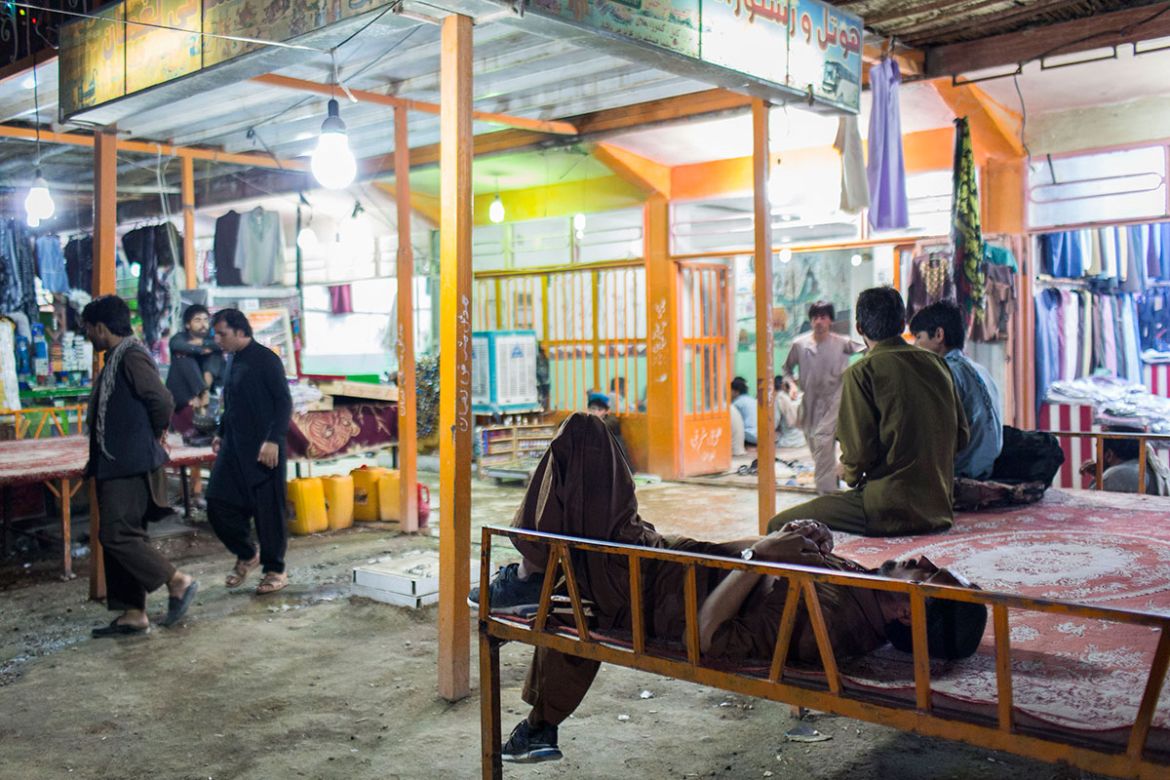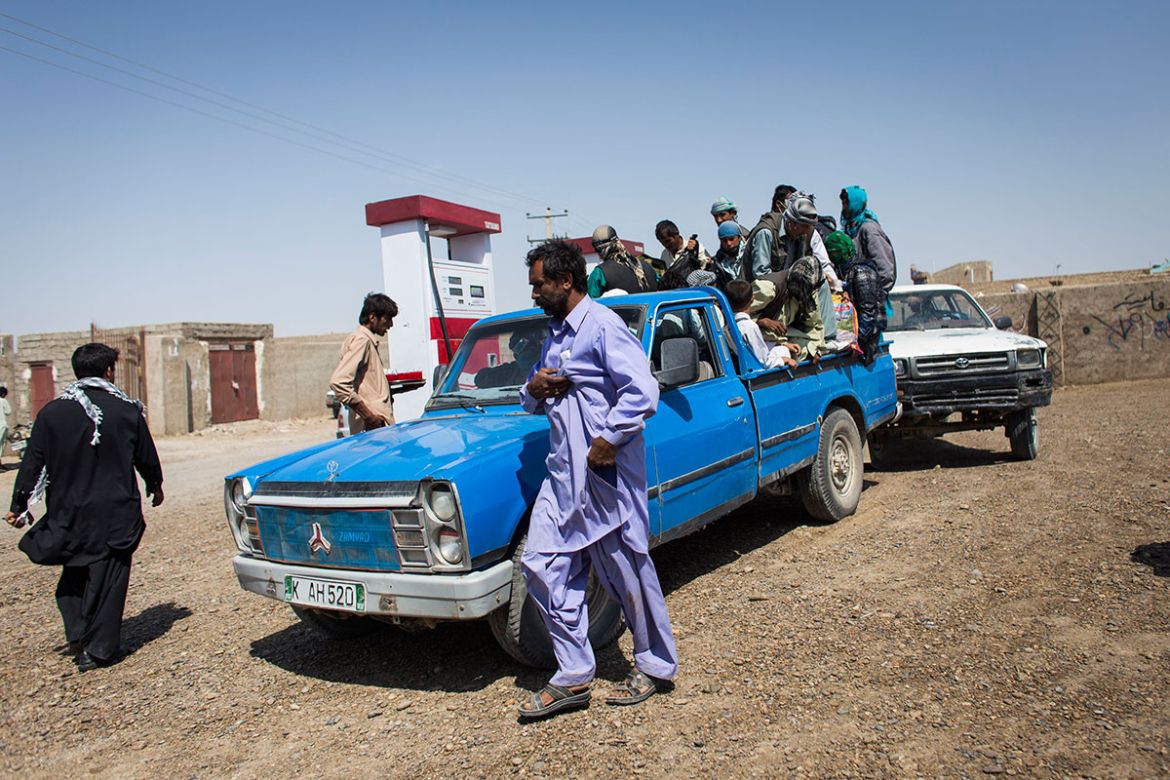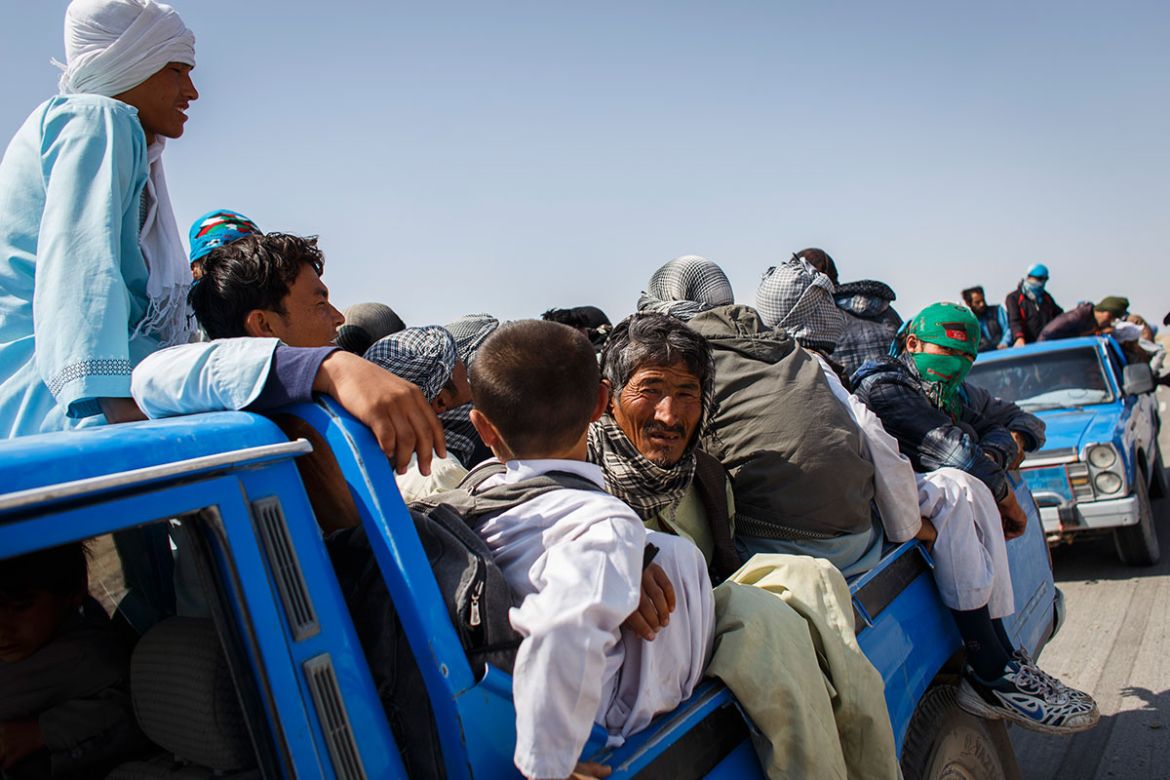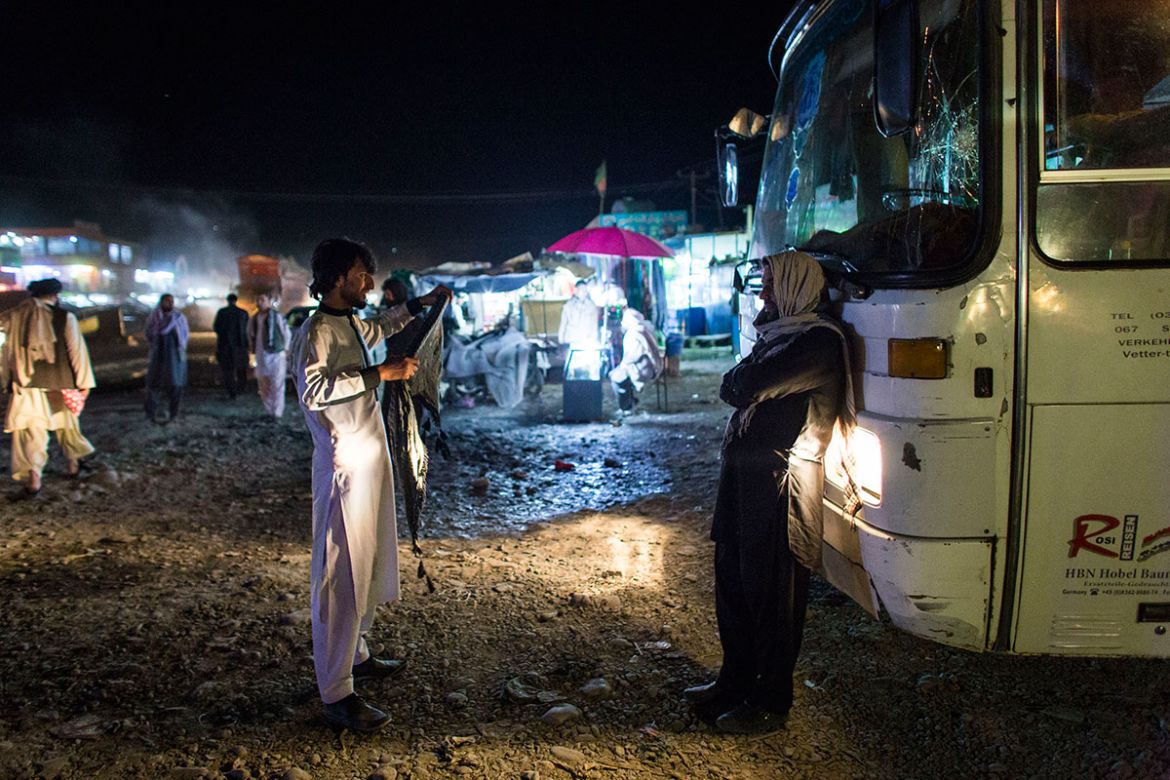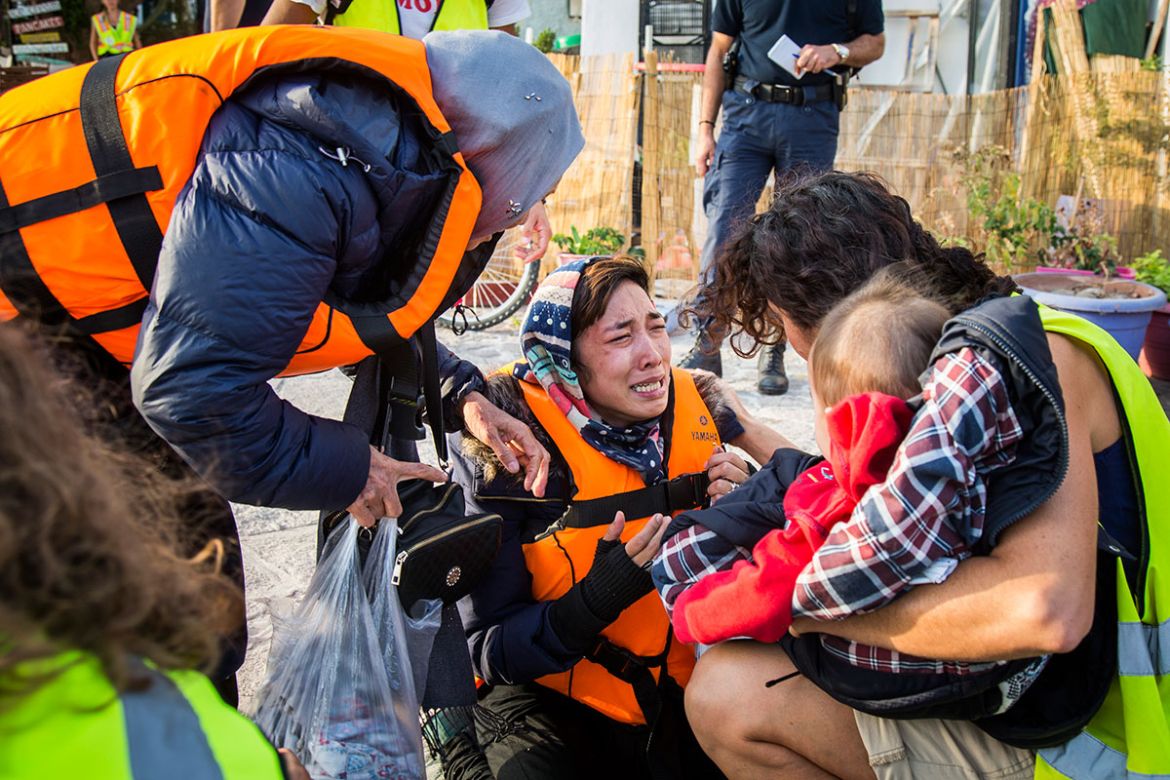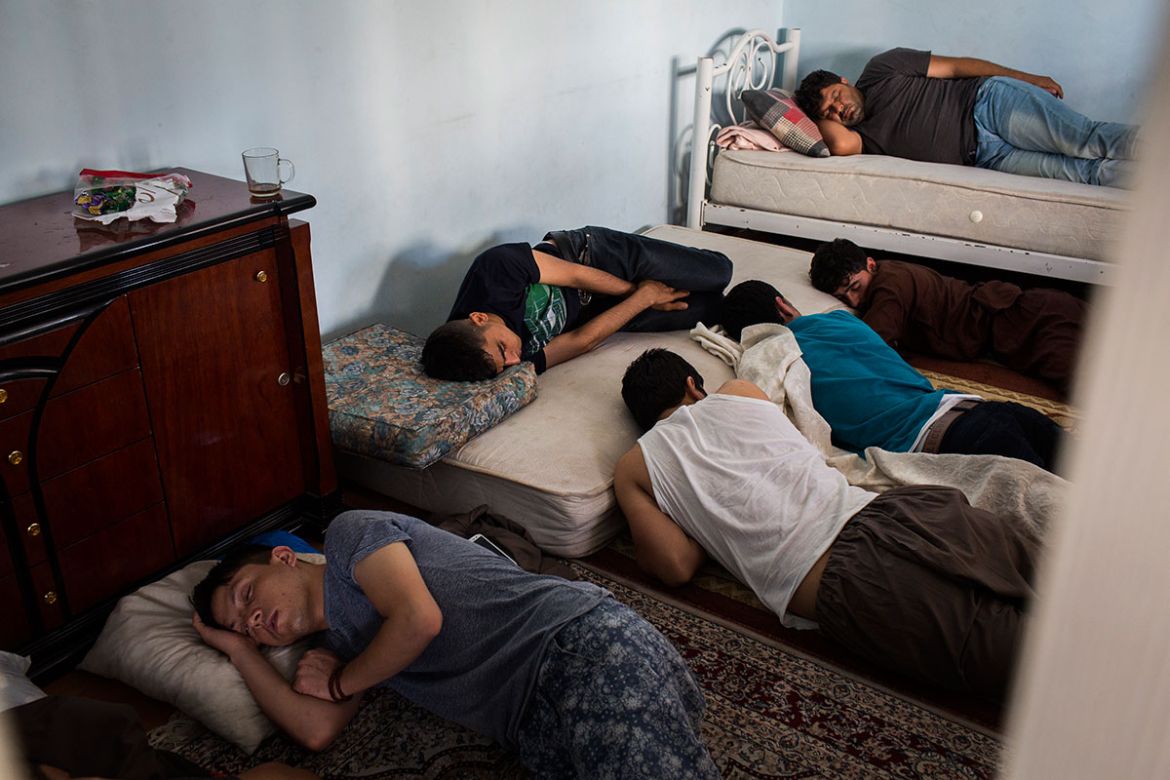In Pictures
On the road with Afghan refugees: From Kabul to Lesbos
Afghans undertake perilous journey as situation in Afghanistan deteriorates, and Europe prepares for mass deportations.

Kabul, Afghanistan – Fifteen years after the US invasion of Afghanistan, the security situation in the country is worsening. Last year, more than 200,000 Afghans made the perilous journey through Iran and Turkey and across the Aegean Sea to Greece – in search of safety in Europe.
But for Afghans, the prospect of asylum in Europe is diminishing. Many are having their applications rejected and their hopes shattered. This spring the average rate of successful Afghan asylum applications fell to only 53 percent. Recently, the EU leaders agreed to a deal that will see the unlimited deportation of Afghans whose asylum applicaitons fail, back to Afghanistan.
An agreement between Turkey and the EU means that refugees arriving on the Greek islands are likely to be sent back to Turkey. Those who make it to mainland Greece meet closed borders and are unable to continue their journey through the Balkans.
READ MORE: The desperate journeys of refugees
Unlike Syrian refugees, Afghans are not eligible for the European Union’s refugee relocation scheme that relocates asylum seekers in Greece and Italy to other countries. Afghans therefore remain in limbo – stranded in Greece and unable to return.
The deteriorating security situation in Afghanistan may explain why Afghans continue to make the perilous journey. The total number of civilian casualties has reached its highest level since the United Nations started counting in 2009 and every day this year, another 1,000 people were forced to flee their homes and become internally displaced.


